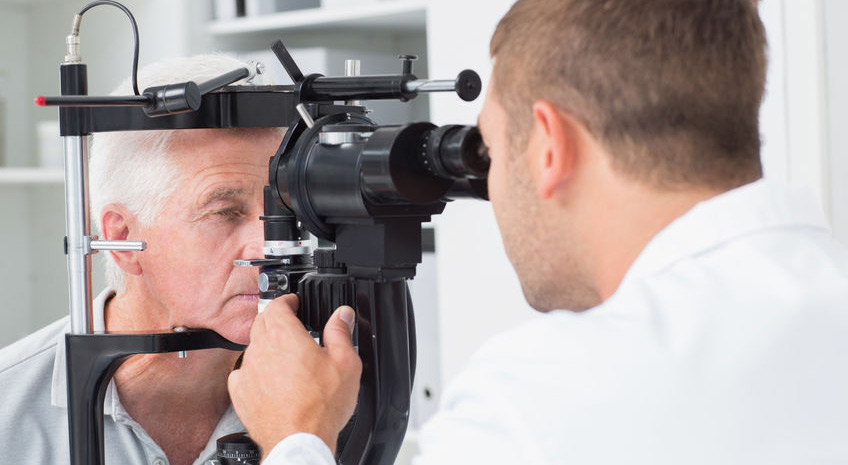If you are over 60 years old, you have cataracts. At least that’s what my ophthalmologist told me at my last eye examination. “If I look hard enough, I will see cataracts in everyone over 60,” he told me. “Even if the cataracts have not gotten large enough to cause symptoms, they are still there. There’s no way to get around it.” But is that true?
The published statistics say that the percentage of people over the age of 60 who have cataracts is somewhere between 70-80%. But here’s the thing. No matter who’s right, the chances of getting cataracts are pretty high. So, is there anything we can do to prevent cataracts? A new study published just this last year says yes.
Researchers followed 3,115 men and women between the ages of 55 to 80 years of age for an average of 9.6 years. At the beginning of the study, they examined them for evidence of cataracts. As expected, some of them had cataracts and some did not. They also assessed their intake of different B-vitamins. Then, they examined their eyes every year to see who developed cataracts and how the cataracts progressed in those who already had them. Here’s what happened.
At the beginning of the study, the people with the highest intake of riboflavin (vitamin B2) and cobalamin (vitamin B12) were significantly less likely to have cataracts. And when they compared those who had cataracts with those who didn’t, the men and women with the highest riboflavin intake were 22% less likely to have mild cataracts and 38% less likely to have moderate cataracts. Those with the highest intakes of B12 and vitamin B6 (pyridoxine) had a similar reduction of risk.
And what may be surprising to some is that there was no reduced risk of cataracts from having a higher intake of the nutrients lutein or zeaxanthin. Lutein and zeaxanthin definitely reduce the risk of macular degeneration, but they don’t seem to have any effect on cataract prevention. According to the authors, “These findings are consistent with earlier studies suggesting that dietary intake of B vitamins may affect the occurrence of age-related lens opacities [cataracts].”
So, do you have cataracts? If you’re over 60, the odds are good that you do. Common symptoms of cataracts include cloudy, blurred or dim vision; increasing difficulty with vision at night; sensitivity to light and glare; need for brighter light for reading and other activities; seeing “halos” around lights; frequent changes in eyeglass or contact lens prescription; fading or yellowing of colors; or double vision in a single eye.
Everybody over the age of 60 should have a complete dilated eye examination at least once every five years. But whether or not you have cataracts, it only makes sense to make sure you are taking a high level of B-vitamins. It’s just one of the many reasons why taking one to two scoops of my Super Immune QuickStart every day is such a smart thing to do. It’s loaded with substantial doses of all of the B-vitamins.
Frank Shallenberger, MD
Second Opinion Newsletter

